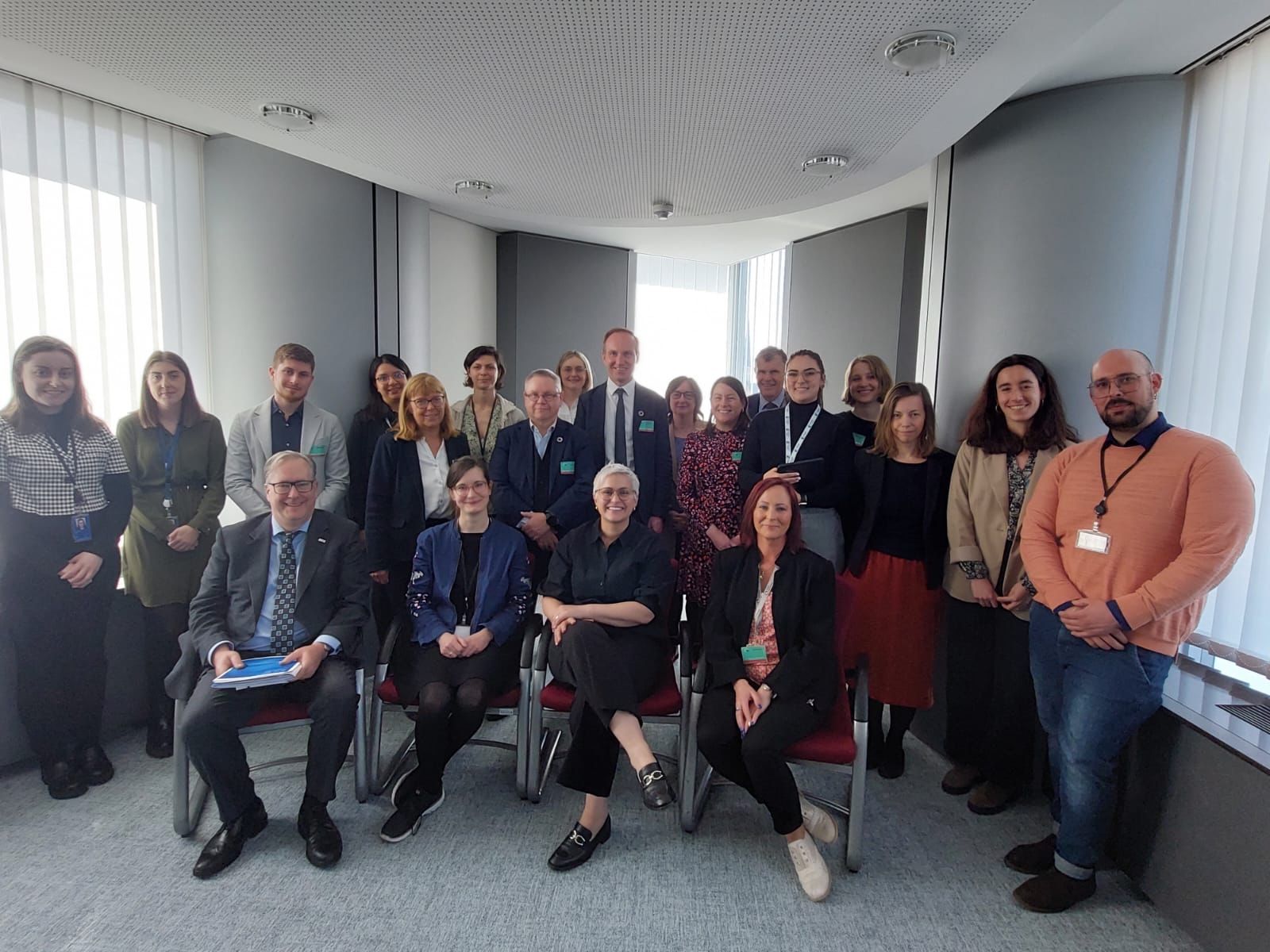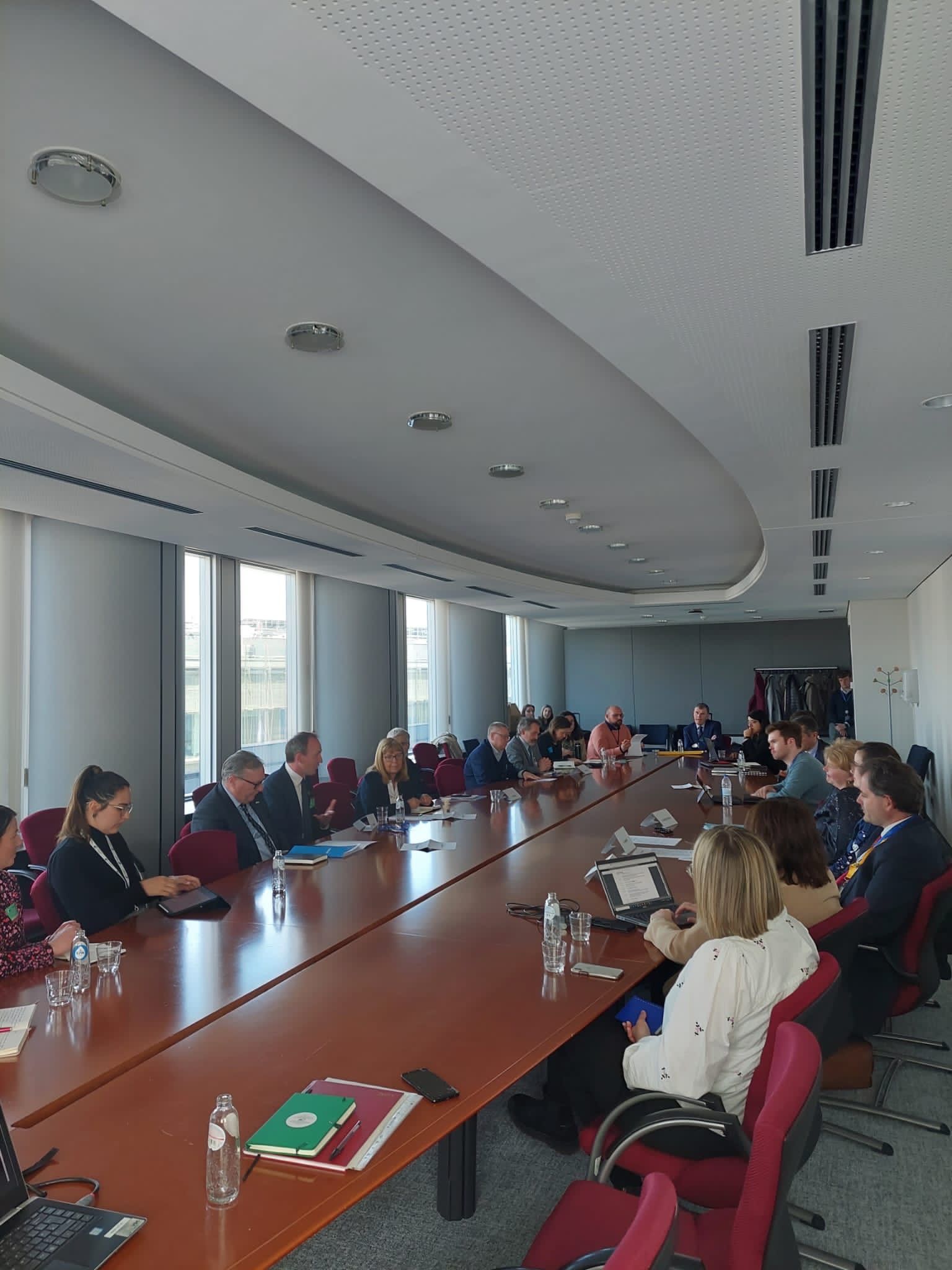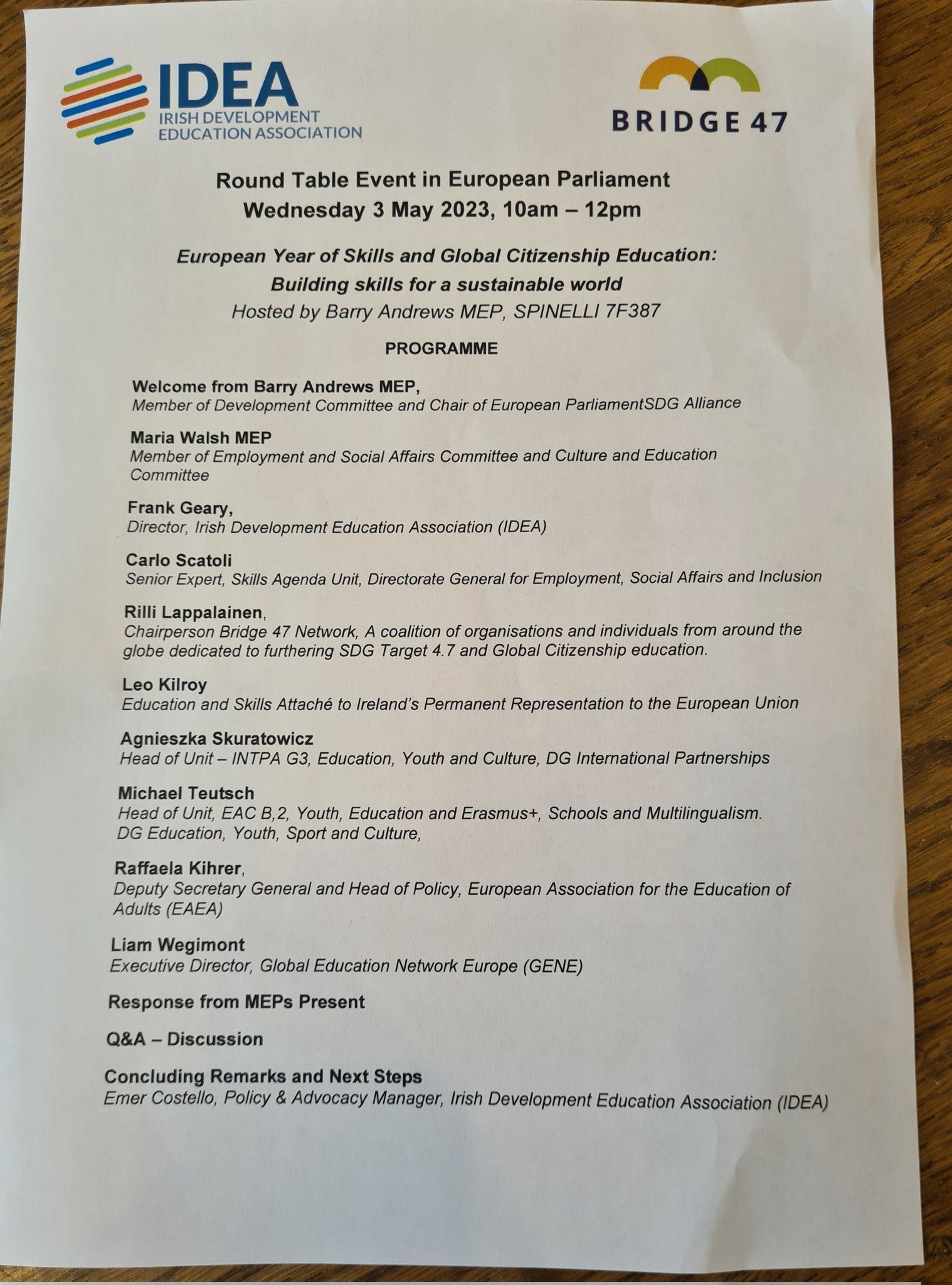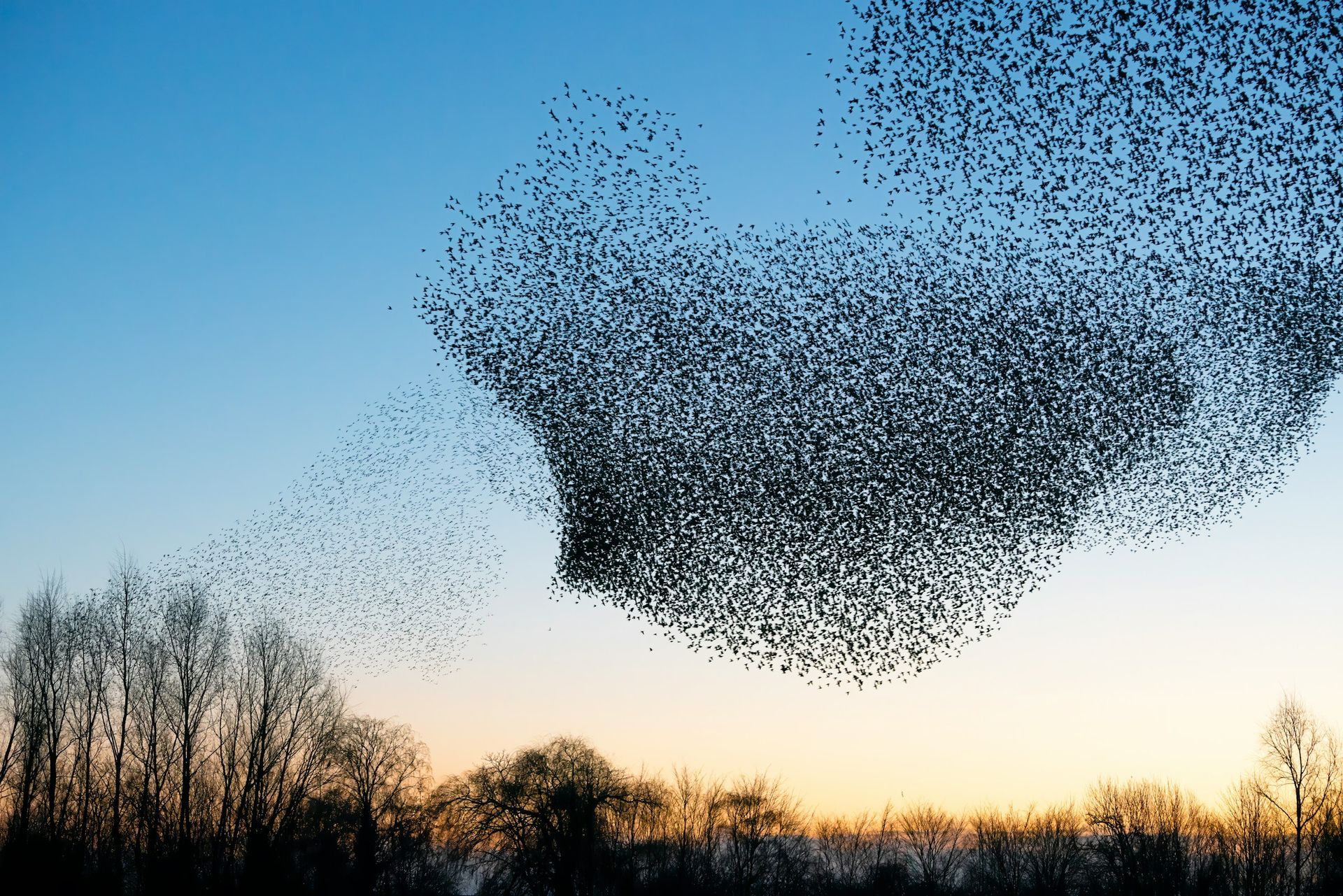European Year of Skills and Global Citizenship Education - Building Skills for a Sustainable World
2023 has been designated the European Year of Skills as the EU moves to ensure we are prepared for the Digital and Green Transition, but there is concern that it is narrowly focussed on employment skills and the needs of the Labour Market. While the idea of a European Year of Skills is very welcome, Global Citizenship Education (GCE) and civil society organisations are concerned that the EU is taking a narrow interpretation of skills a holistic approach that would encompass the transversal and life skills needed to strengthen sustainability, democracy, and social inclusion.
We believe that skills should be understood in a more holistic way to encompass those that not only provide for professional development but also the transversal and life skills required to strengthen sustainability, democracy, and social inclusion echoed so strongly in SDG 4.7. In May 2023, the Irish Development Education Association (IDEA), in conjunction with our partners in Bridge 47, organised a Round Table event in the European Parliament with MEPs, European Commission officials and Civil Society organisations on the theme European Year of Skills and Global Citizenship Education - Building skills for a sustainable world.
The roundtable discussion focused on how a lifelong and life-wide learning approach to the European Year of Skills that looks beyond the labour market, can help learners to become active participants in society and build competencies for a more sustainable world.
The event was hosted by Barry Andrews MEP, Member of Development Committee and Chair of European Parliament SDG Alliance, who co-chaired the discussion with Maria Walsh MEP, Member of Employment and Social Affairs Committee and Culture and Education Committee. Other speakers included:
- Grace O'Sullivan MEP, Member of Committee on the Environment, Public Health and Food Safety
- Sean Kelly MEP, Member of Committee on Industry, Research and Energy
- Billy Kelleher MEP, Member of Committee on Economic and Monetary Affairs
- Joao Alberqueque MEP, Member of Committee on Employment and Social Affairs and the Committee on Fisheries
- Carlo Scatoli, Senior Expert, Skills Agenda Unit, Directorate General for Employment, Social Affairs and Inclusion
- Agnieszka Skuratowicz, Head of Unit –INTPA G3, Education, Youth and Culture, DG International Partnerships
- Michael Teutsch, Head of Unit, EAC B,2, Youth, Education and Erasmus+, Schools and Multilingualism. DG Education, Youth, Sport and Culture,
- Leo Kilroy, Education and Skills Attaché to Ireland’s Permanent Representation to the European Union
- Liam Wegimont, Executive Director, Global Education Network Europe (GENE)
- Frank Geary, Director, Irish Development Education Association (IDEA)
- Rilli Lappalainen, Chairperson Bridge 47 Network, A coalition of organisations and individuals from around the globe dedicated to furthering SDG Target 4.7 and Global Citizenship education.
- Raffaela Kihrer, Deputy Secretary General and Head of Policy, European Association for the Education of Adults (EAEA)
A range of Civil Society Organisations were also present including IDEA Members - Global Village, Meath Partnership, UCC Praxis, An Taisce Green Schools, Habitat for Humanity - Bridge 47, the Lifelong Learning Partnership, Platforma, Solidar, Concord and the DEAR Support team. A number of MEPs who were unable to attend were also represented at the event, including Chris McManus MEP, Frances Fitzgerald MEP and Deirdre Clune MEP.
Speaking at the event Frank Geary, IDEA Director said: “There is a huge opportunity with the European Year of Skills to embrace GCE and the transversal skills such as critical thinking and interdependence that we focus on. We also want to underline the importance of GCE and SDG 4.7 to all the work of the European Union. The text adopted by the EU Parliament on the European Year of Skills emphasises ‘ensuring socially fair and just green and digital transitions’ and ‘empowering individuals to fully participate in the labour market, society and democracy.’ Global Citizenship Education and SDG 4.7 are essential for this.”
Also speaking at the event, Rilli Lappalainen, Bridge 47 Chairperson said:
“We can’t achieve a sustainable future if we don’t take education and learning seriously in the context of the European Year of Skills. We need to understand that we need skills, not only for the labour force but for life. We need stakeholders such as the Commission and the European Parliament to take that aspect on board, seriously, so that we can live in harmony together with the planet.”
This was an open and positive discussion, and the central messages were clearly heard.
You can watch a short video with some of the key points from the roundtable below, featuring Barry Andrews MEP, Frank Geary, IDEA, and Rilli Lappalainen, Bridge 47 Network:











